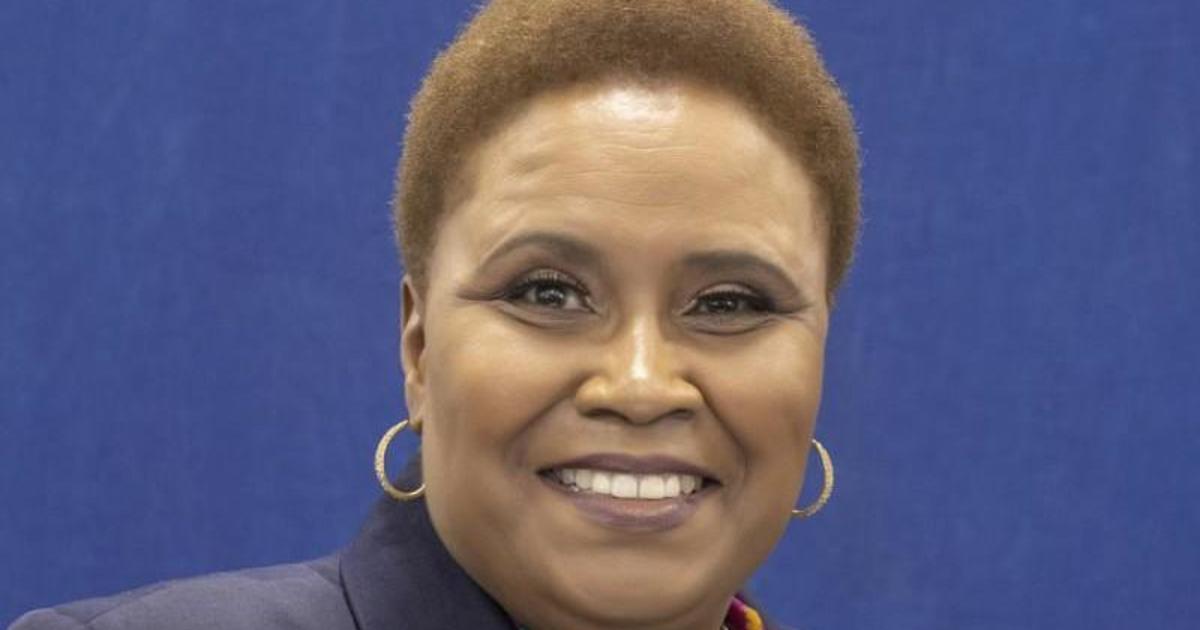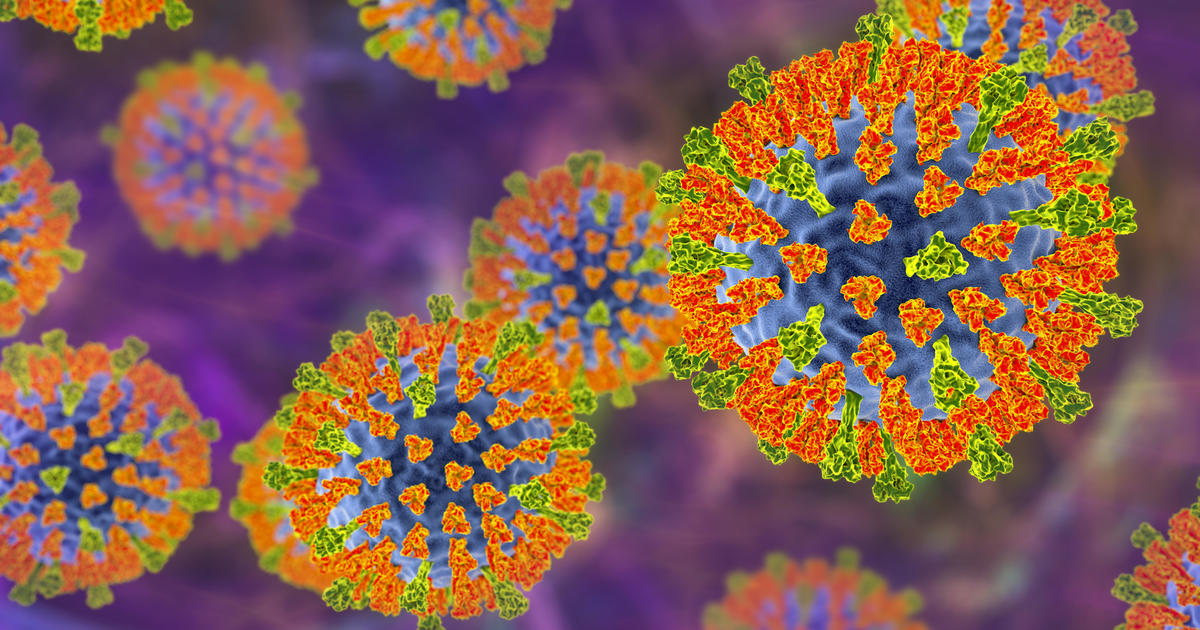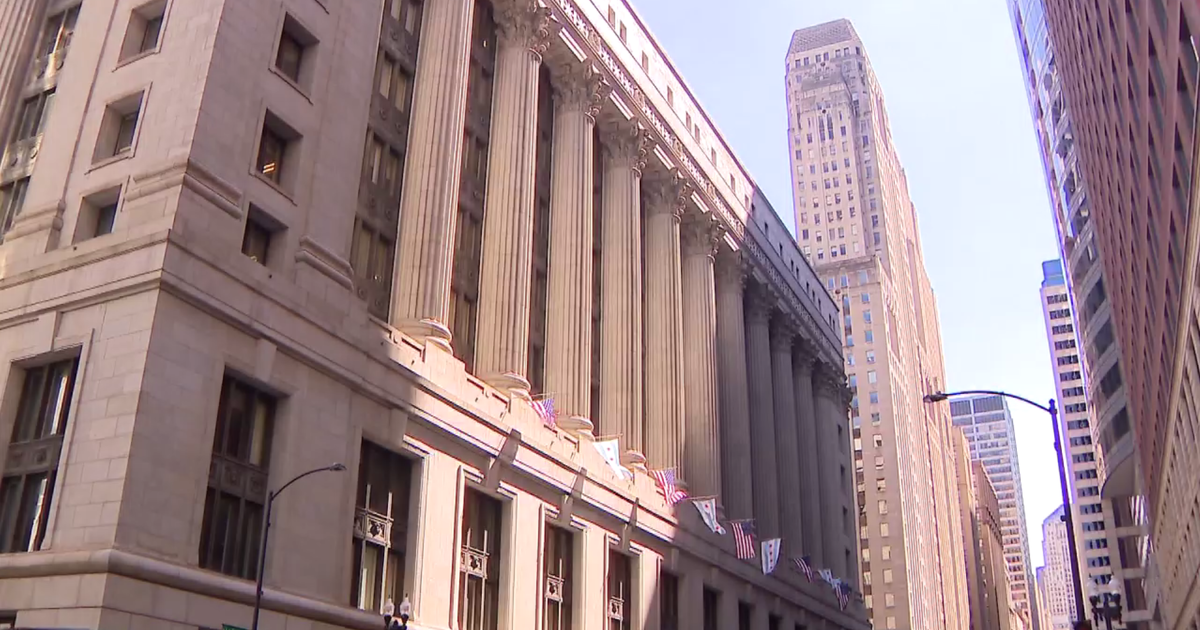Hearing On Cook County Sugary Beverage Tax Delayed
CHICAGO (CBS) -- A Cook County judge will hear arguments Thursday on whether or not to block the penny-per-ounce sweetened beverage tax set to go into effect on Saturday.
The judge originally slated to hear the Illinois Retail Merchants Association's challenge to the soda tax recused himself on Wednesday, leaving another judge to take up the request for an emergency temporary restraining order at a hearing at 2:30 p.m. Thursday.
IRMA has filed a lawsuit against the county, calling the penny-an-ounce tax unconstitutional. Retailers claim the new tax is vague and isn't applied uniformly to the same drinks.
Meanwhile, supporters of the tax spoke at a County Board meeting on Wednesday.
Dr. Edward Winslow, a cardiologist at Northwestern Memorial Hospital, pointed out sugar is the one ingredient listed on food and drinks that doesn't have a minimum daily requirement.
He said one can of soda has more than the maximum daily requirement for children ages 7 to 10.
Winslow said the tax is about making people healthier, not just bringing in money to Cook County.
"If the tax is successful, it will go away, and we won't get more tax, we'll just be saving money in health care costs, and in mortality … because of decreased consumption of sugar-sweetened beverages. It worked for cigarettes," he said.
He and other speakers applauded the commissioners who voted for the measure, saying they expect it to lead to lower obesity, diabetes and other chronic diseases, which they predict will save the county money on healthcare expenses.
Lindsey Arenberg, with the Consortium to Lower Obesity in Chicago Children, said she believes the new tax will make kids healthier.
"Children in Chicago enter school overweight and obese at higher rates than the national average. The Cook County sweetened beverage tax is a policy change that can positively impact childhood obesity. We know there is an association between sweetened beverage consumption, excess weight gain, and increased risk of chronic diseases," she said.
However, opponents have noted the tax would apply to diet drinks with no calories and no sugar, and would exempt sugary drinks like 100 percent fruit juice and sweetened coffees served behind the counter.
Retailers also have noted they must either charge customers tax on the ice in fountain drinks, unless they fill out paperwork to designate how much ice each cup holds. Complicating matters, most fast food restaurants that serve fountain drinks allow customers to decide how much ice to put in their drinks.



